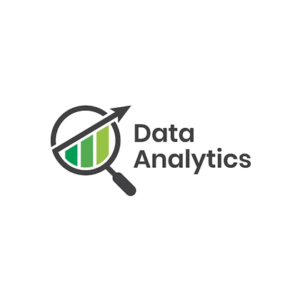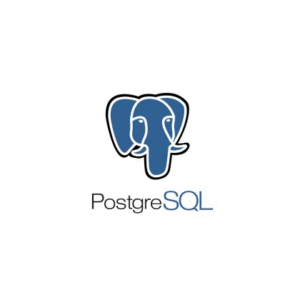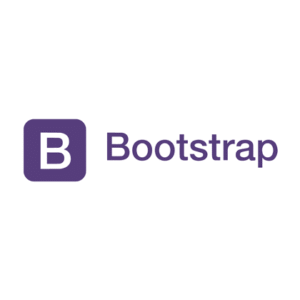$100.00
Cloud platforms have become the backbone of modern IT infrastructure, offering scalable, flexible, and cost-effective solutions for businesses of all sizes. Whether you’re running a startup or managing a global enterprise, cloud services empower you to innovate faster and deliver better digital experiences.
Reviews
| 5 star | 0% | |
| 4 star | 0% | |
| 3 star | 0% | |
| 2 star | 0% | |
| 1 star | 0% |
Sorry, no reviews match your current selections
Portfolio & Awards
Lorem Ipsum has been the industry’s standard dummy text ever since the 1500s, when an unknown printer took a galley of type and scrambled it to make a type specimen book. It has survived not only five centuries, but also the leap into electronic typesetting, remaining essentially unchanged. It was popularised in the 1960s with the release of Letraset sheets containing Lorem Ipsum passages, and more recently with desktop publishing software like Aldus PageMaker including versions of Lorem Ipsum.
Pricing Table
| Features |
Small $9,500 / total Initial Business Idea Analysis and Documentation |
Medium $20,000 / total Solution Analysis Vision & Scope |
Large $35,000 /total Solution Analysis Vision & Scope (large-scale) |
|---|---|---|---|
|
Discovery Timeline |
up to 3 weeks |
from 4 to 7 weeks |
from 6 to 9 weeks |
|
Define Business goals and objectives of the expected product |
|
|
|
|
Requirements Elisitation Sessions (stakeholders interviews, workshops) |
up to 5 workshops |
up to 7 workshops |
up to 9 workshops |
|
Requirements Modeling and Documentation |
|
|
|
|
Quality Attributes Workshop |
– |
|
|
|
Business Requirements Specification |
|
|
|
|
Competitor Analysis |
– |
|
|
|
Product Succcess Metrics |
– |
– |
|
|
Functional Decomposition |
|
|
|
|
Key Business Processes & Sequence Diagrams |
– |
|
|
|
Non-Functional requirements analysis and documentation |
– |
|
|
|
Software Architecture Vision and High-level Design |
|
|
|
|
Entity Relationship Diagram |
– |
|
|
|
Technology Stack |
|
|
|
|
Technical Risks Identification |
– |
|
|
|
Architecture decisions report |
– |
– |
|
|
Wireframes |
up to 3 core user flows |
up to 10 core user flows |
up to 15 core user flows |
|
Product Information Architecture |
|
|
|
|
Business Model Canvas |
|
|
|
|
Customer Journey Map |
– |
|
|
|
Value Proposition design Workshop |
– |
– |
|
|
Delivery Time |
– |
– |
– |
Description
Cloud platforms are online environments that provide on-demand access to computing resources such as servers, storage, databases, software, and analytics tools over the internet. These platforms enable businesses and developers to deploy, manage, and scale applications without investing in physical infrastructure.
🔍 What is a Cloud Platform?
A cloud platform offers infrastructure (IaaS), platform (PaaS), and software (SaaS) services that can be accessed via the web. It provides a flexible, cost-effective, and scalable way to build, deploy, and operate applications and services.
🌐 Leading Cloud Platforms
- Amazon Web Services (AWS): The largest and most widely adopted cloud platform with a comprehensive suite of services.
- Microsoft Azure: A popular cloud service offering strong enterprise integrations, especially with Microsoft tools.
- Google Cloud Platform (GCP): Known for data analytics, machine learning, and Kubernetes support.
- IBM Cloud: Focuses on hybrid cloud, AI, and secure enterprise services.
- Oracle Cloud: Optimized for database-heavy enterprise applications and services.
🧰 Core Features of Cloud Platforms
- Scalable compute and storage resources
- Database services (SQL, NoSQL, Big Data)
- Serverless computing and container orchestration
- DevOps and CI/CD tools
- AI, machine learning, and data analytics capabilities
- Security, compliance, and identity management
🚀 Benefits of Cloud Platforms
- 💸 Cost-efficient: Pay-as-you-go pricing models
- ⚡ Speed: Rapid provisioning of resources
- 📈 Scalability: Instantly scale applications up or down
- 🔒 Security: Built-in tools and compliance certifications
- 🌎 Accessibility: Access from anywhere, anytime
- ♻️ Disaster Recovery: Built-in redundancy and backup solutions
📦 Popular Use Cases
- Hosting websites and mobile applications
- Running virtual machines and containerized applications
- Data backup and disaster recovery
- AI and machine learning model training and deployment
- Streaming media content
- Big data analytics and business intelligence
📊 Deployment Models
- Public Cloud: Services shared across multiple clients via the internet (e.g., AWS, Azure).
- Private Cloud: Cloud environment dedicated to one organization, often hosted on-premises.
- Hybrid Cloud: Combines public and private cloud for greater flexibility and control.
- Multi-Cloud: Using services from multiple cloud providers to avoid vendor lock-in.







